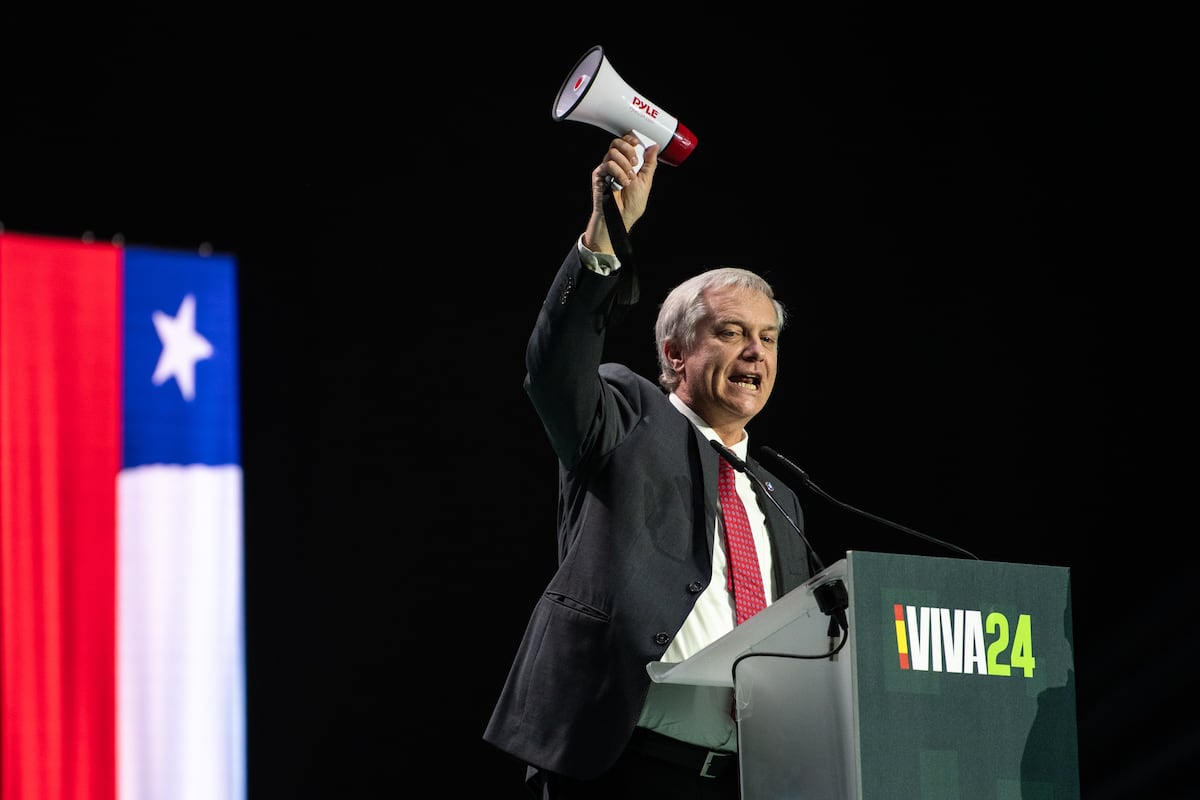Prabowo Subianto won over millions of Indonesian voters with the promise of free meals for schoolchildren. But his wide-ranging spending plans have yet to convince investors that he can afford to offer the country at large a free lunch.
Indonesia’s incoming president is considering stricter tax enforcement, reducing subsidies, potentially raising borrowing and even budget cuts for a $32bn new capital to fund his flagship campaign pledge — a nationwide school meal programme that is estimated to cost Rp460tn ($28bn).
Prabowo is also eyeing a bigger cabinet, according to three people who were briefed on internal discussions, pointing to expansionary spending on multiple fronts that could weigh on Indonesia’s fiscal prudence.
It would also amount to a break with his predecessor Joko Widodo, known as Jokowi, who over a decade transformed south-east Asia’s largest economy, leveraging Indonesia’s vast nickel reserves to position it at the centre of the global supply chain for electric vehicles.
“The Prabowo administration is likely to be more liberal on fiscal spending, given the increased expenditure needs that his new programmes entail,” said Maybank analyst Brian Lee. “This contrasts with the more conservative approach of . . . the Jokowi administration.”
Prabowo, who campaigned on continuity with the Widodo era, is discussing enlarging the cabinet from 34 portfolios to “anywhere between 40 and 43” when he takes office in October, one of the people said.
The number of co-ordinating ministries — which oversee other ministries — will rise from the current four, and “some of the existing ministries will be spun off from each other”, the person said.
Prabowo could establish a separate body — either a full ministry or an agency — to oversee the meals programme. He is also considering establishing a separate state revenue agency to boost tax collection.
Some of the new posts are being created to “accommodate requests from coalition partners”, one of the people said. While Prabowo won a decisive victory in Indonesia’s presidential election in February, his parliamentary alliance fell short of a majority, and is now in talks with potential coalition partners.
But a bigger government will increase operational expenses, and the administration faces few easy ways to raise its fiscal headroom, analysts said.
“The government does not seem to have much room to raise its current expenditure without increasing the fiscal deficit,” said Thomas Rookmaaker, head of Asia-Pacific Sovereigns at Fitch Ratings.
The people familiar with the discussions said Prabowo’s team would rely on a combination of higher tax revenue, potential cuts to subsidies and sales of state assets. The government provides subsidies for fuel, electricity and cooking oil. “None of the options on the table are low-hanging fruit,” said one of the people.
Boosting tax collection would pose a particular challenge. Prabowo aims to increase the tax revenue-to-GDP ratio from 10 per cent to 16 per cent.
“It will be an uphill task to beef up fiscal revenue. Tax collection shortfalls stem from issues with tax compliance and enforcement, which partly stems from poor data availability,” said Maybank’s Lee.
Another option is trimming the budget for Nusantara, a new capital to be built in the tropical jungles of Borneo, according to all three of the people familiar with the discussions. Widodo had billed his pet project as a transformative plan to reduce congestion in Jakarta and jump-start economic growth outside Java, Indonesia’s most populous island.
But the project, which could cost as much as $32bn, has become increasingly unpopular. Foreign investors have failed to materialise, and land acquisition problems have mounted. Nusantara’s leadership resigned in June just weeks before a planned Independence Day celebration, which would be the first in the new capital.
“Prabowo seldom mentioned Nusantara publicly since the election,” Maybank’s Lee noted. “When you have so many ambitious spending plans, you need to prioritise.”
Another option is for Indonesia to take on more debt, which Prabowo has in the past called for the country to be “more daring” in doing. Jakarta’s debt-to-GDP level, at about 39 per cent, is lower than those of regional peers.
Increased borrowing could “unleash higher and more sustainable economic growth” if directed to the right sectors, said UOB economist Enrico Tanuwidjaja.
But the three people said that the administration was also wary of hurting investor confidence or arousing public discontent. Indonesia’s rupiah has weakened almost 6.5 per cent against the US dollar this year, the fourth-worst performance by a major Asian currency, and analysts have warned that increasing borrowing could weaken Indonesia’s credit rating.
One of the people familiar with the administration’s plans said borrowing would be the last option on the table. “We need to be able to convince the public that we can increase the tax ratio. Only then can we justify increasing debt,” they said.
In a news conference late last month, Prabowo’s nephew and adviser Thomas Djiwandono denied reports that he planned to raise the debt-to-GDP ratio to 50 per cent, which economists have said would breach rules that limit the fiscal deficit to 3 per cent.
Djiwandono added that the lunch programme would be implemented in phases and cost $4.3bn in the first year of Prabowo’s five-year term.
Djiwandono did not respond to a request for comment.

/cloudfront-eu-central-1.images.arcpublishing.com/prisa/EJTEG6O3KSOIXZIUT3VMECUHS4.jpg)

